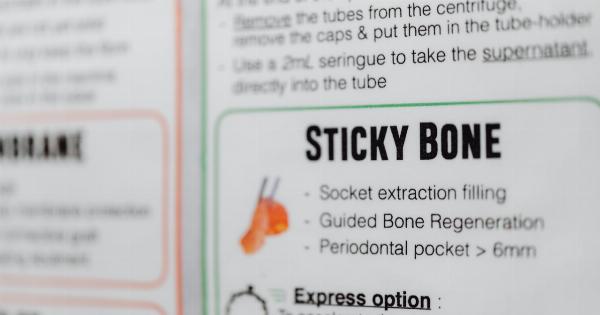World Menopause Day is observed on October 18th every year to raise awareness about menopause and the impact it has on women’s health.
Menopause is a natural biological process that marks the end of a woman’s reproductive period, typically occurring between the ages of 45 and 55. One of the most common and distressing symptoms of menopause is hot flashes and night sweats. These sudden episodes of intense heat and sweating can interfere with daily activities and disrupt sleep.
Here are some tips to help women deal with hot flashes and night sweats during menopause.
What are Hot Flashes and Night Sweats?
Hot flashes are sudden, intense waves of heat that can spread throughout the body, especially the upper half. They can cause flushing, sweating, rapid heart rate, and chills.
Night sweats are hot flashes that occur during sleep, causing excessive sweating and damp bedding. Women may experience these symptoms for several years during and after menopause. The exact cause of hot flashes and night sweats is still unclear, but they are believed to be related to changes in hormone levels, especially estrogen.
: Lifestyle Changes
Changing your lifestyle can help reduce the frequency and severity of hot flashes and night sweats. Here are some tips:.
: 1. Dress in Layers
Wear clothes made of breathable fabrics like cotton or linen that can be easily removed or added. Dressing in layers can help you adjust your body temperature during hot flashes and night sweats.
: 2. Avoid Triggers
Avoid things that trigger hot flashes and night sweats, such as spicy or hot foods, caffeine, alcohol, smoking, and stress. Keep a diary of your symptoms to identify your triggers.
: 3. Exercise Regularly
Regular exercise can help improve your overall health and reduce the frequency and severity of hot flashes and night sweats. Exercise can also help you manage your weight, reduce the risk of chronic diseases, and improve your mood.
: 4. Practice Relaxation Techniques
Practicing relaxation techniques like deep breathing, meditation, yoga or tai chi can help reduce stress and improve sleep quality, which can in turn reduce the frequency of hot flashes and night sweats.
: Medical Treatments
If lifestyle changes are not enough to manage your symptoms, medical treatments may be necessary. Here are some options:.
: 1. Hormone Therapy
Hormone therapy (HT) is a type of treatment that uses hormones to relieve menopausal symptoms. HT can help reduce hot flashes and night sweats, as well as vaginal dryness and bone loss.
However, HT has some risks and side effects, including an increased risk of breast cancer, heart disease, stroke, and blood clots. Therefore, it is important to discuss the benefits and risks of HT with your healthcare provider before starting treatment.
: 2. Non-hormonal Treatments
Non-hormonal treatments, like antidepressants and anti-seizure drugs, can also help reduce hot flashes. These medications work by altering brain chemicals that control body temperature.
However, they can cause side effects like dry mouth, dizziness, and blurred vision.
: 3. Vaginal Estrogen
For women who experience vaginal dryness, discomfort during intercourse, or urinary symptoms, vaginal estrogen can be used to relieve these symptoms.
This type of treatment delivers a low dose of estrogen directly to the vaginal tissues, without significant amounts being absorbed into the bloodstream.
: Conclusion
Hot flashes and night sweats are common and distressing symptoms of menopause. They can have a significant impact on a woman’s quality of life and interfere with daily activities and sleep.
However, there are many ways to manage these symptoms, including lifestyle changes and medical treatments. It is important for women to discuss their symptoms with their healthcare provider and explore their treatment options.

























